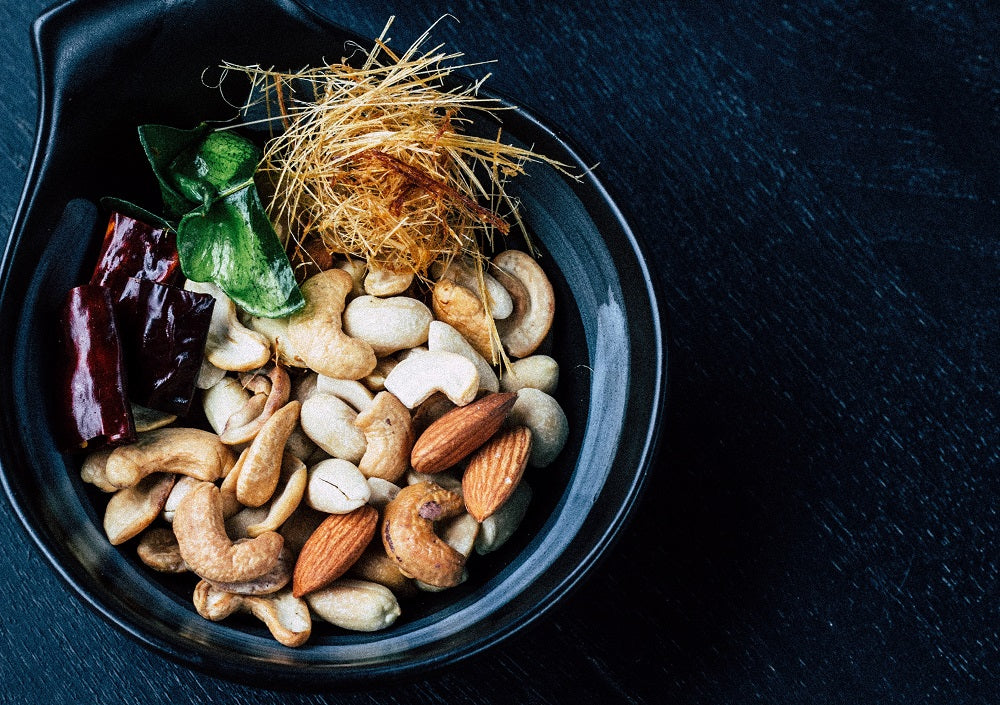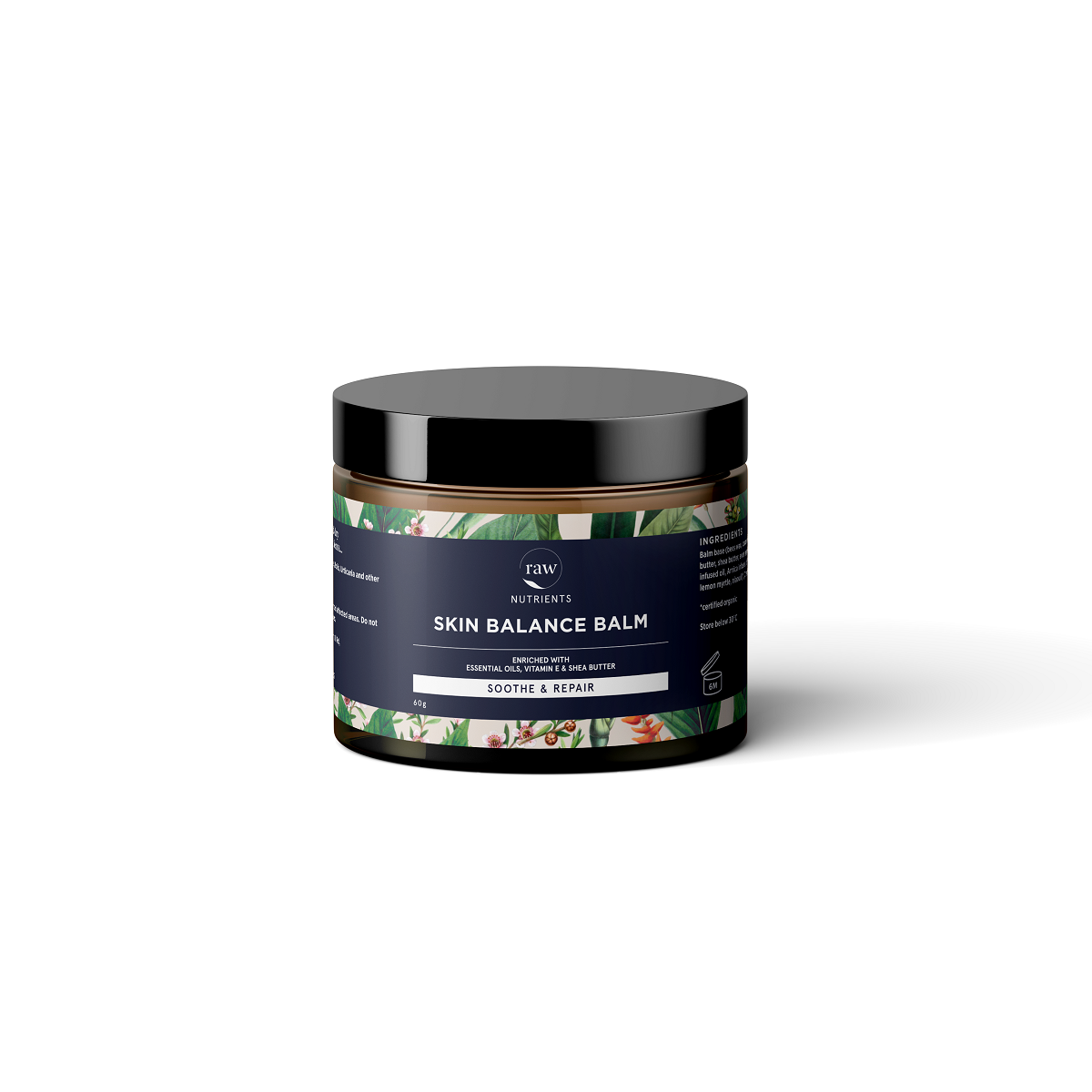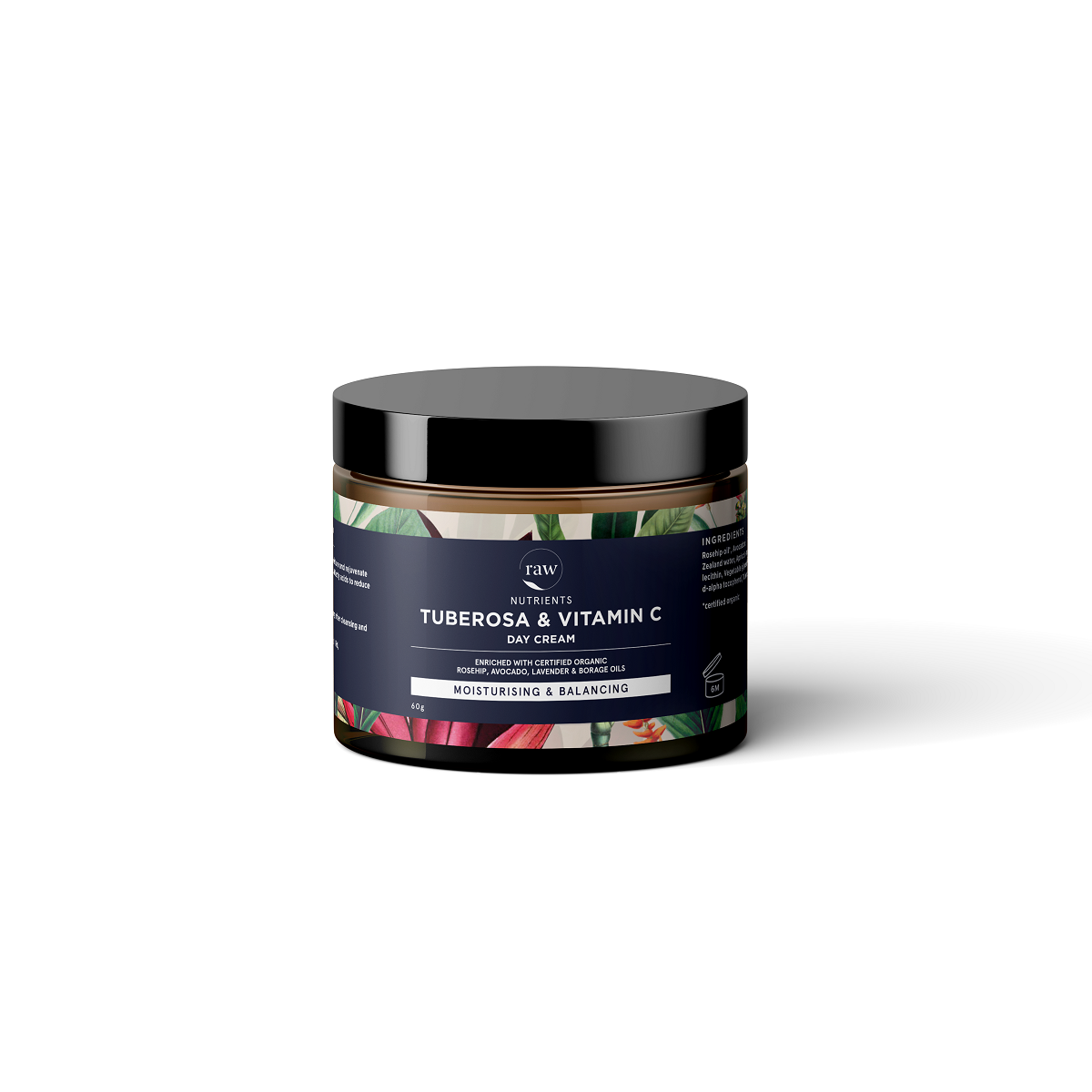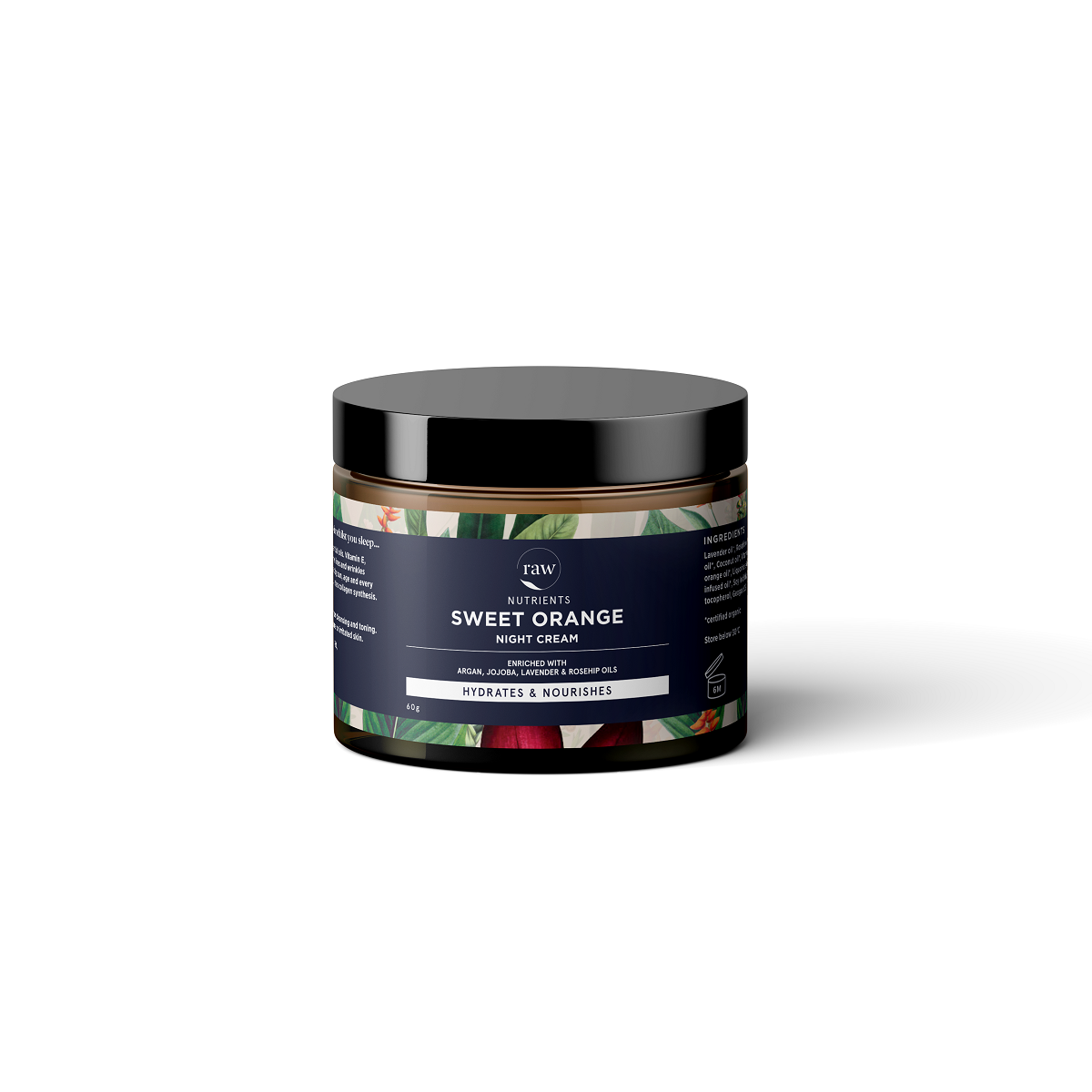-

Think about zinc!
Zinc plays many important roles in your body. This essential dietary mineral is involved in metabolism processes, hel...
-

Magnesium; Are We Consuming Enough?
There is widespread magnesium deficiency, and given the importance of magnesium in the body, it is but essential to r...
-

Probiotics; When & how do they work best?
Your gastrointestinal system comprises different microorganisms. The gut bacteria play a vital role in the health and...
-

Vitamin C; How does it benefit wellness?
Vitamin C has gained popularity as an antioxidant. However, research claims that it can act as both an antioxidant an...

The Protein Myth
Protein is the building block of your body. It is essential for the building and repair of tissues. But too much protein intake is not good.[1] The average American diet is comprised primarily of animal food, which is an overload of fat and protein. Thanks to the traditional Western diet, an individual consumes double the amount of protein and saturated fat. Your body needs only 0.8 grams of protein per kg of your weight.[2] Needs may vary for pregnant and lactating women and very active persons. However, for a normal person, an extra serving of protein will not help.
How Much is Too Much
High-protein diets have been publicized recently for weight loss, better endurance, and disease prevention, among other benefits that are not backed by scientific research. In fact, research[3] reveals more than recommended dietary intake of protein may pose a high risk of health issues, including renal, digestive, and vascular abnormalities.
However, studies do show that a balanced diet that combines a high-quality carbohydrates with low fat and sufficient protein is the healthiest.[4] A balanced diet with fruits, vegetables, and dietary fiber-rich whole grains is recommended for weight control and disease prevention.[5] A 2011 study links low-carbohydrate diets that are also rich in animal protein to a 23% higher total mortality rate.[6] Contrarily, the study confirms that low-carb diets that are rich in vegetable protein pose a 20% lower total mortality rate.
On the other hand, a high animal protein diet can cause a lot of health issues, from osteoporosis to heart disease and cancer. Carbohydrates and fat are categorized as macronutrients while proteins are biomolecules comprising amino acids. Your body needs both macronutrients and amino acids. While macronutrients suffice for the nutritional needs of your body and providing the energy required for day-to-day activities, protein is required for building and repairing cells.
Osteoporosis
Since high protein intake encourages the loss of calcium from the urine, your diet should include an adequate amount of protein from calcium-rich plant foods.[7] This includes leafy greens, beans, cereals, fresh fruit juice, non-dairy milk, and heart-healthy nuts and seeds.
Cancer
You might be surprised to learn that the consumption of animal protein and fat pose a high risk of cancer. Animal food comprises certain proteins that produce toxic compounds when cooked at high temperatures. Such substances have been linked primarily to colon and breast cancers. The risk of colorectal cancer is higher with the intake of animal protein due to the high amount of fat and protein and lack of fiber, according to the 2007 report of the World Cancer Research Fund.[8]
On the other hand, plant food, including fruits, vegetables, and whole grains, are rich in dietary fiber and are believed to play a protective role against the risk of cancer.
Impaired Kidney Function
When you consume too much protein, it results in the influx of nitrogen in the blood. A lot of nitrogen could put a strain on the kidneys. High-protein diets especially meat protein, can cause all sorts of renal issues and might even compromise kidney function. Consumption of animal protein over a long period of time risks causing a permanent loss of renal function.
According to a research study[9], there is a likely association between high-protein diets and loss or severe decline in kidney function. Those with reduced kidney function consuming animal protein are even at a higher risk of loss of kidneys
The study could not find any such harmful effect of plant protein.
The research further corroborates the fact that a low protein diet slows down the progression of chronic kidney disease and may promote longevity in patients.
Heart Disease
Animal foods are overloaded with animal protein, dietary cholesterol, and saturated fat. This is one reason animal food is considered detrimental to heart health, as it poses a high risk to the heart. There is a risk of a heart attack immediately after a heavy meal loaded with animal fat and protein.
Plant protein, on the other hand, is cholesterol-free and has small amounts of fat, making it a heart-healthy alternative to animal protein. Recent research data confirms that the consumption of meat protein over a long period of time is associated with weight gain, resulting in an increase of 1 kg of body weight upon consumption of every 125 g of meat serving daily.[10]
Weight Loss-Protein Myth
Do you also believe that a high protein diet induces weight loss? You might have seen people claiming to have lost weight on a protein-rich diet. However, they are unaware of the fact that weight loss is not triggered by a high intake of protein, but it is the result of consuming fewer calories.
A high protein diet over the long run can cause all sorts of health issues. The same people who are raving about weight loss from a protein diet tend to gain weight when they resume their eating habits.
For effective weight loss while enjoying optimal health, your focus should be on a low-fat diet, comprising whole grains, vegetables, legumes, and fruits. But diet alone will not work unless combined with regular physical activity.
Protein Checklist
Being the body-building blocks, proteins are essential for the body. However, the consumption of too much meat protein is unhealthful and harmful in more ways than one. Your body needs an adequate amount of protein for muscles, skin, and tissues. A plant-based diet can serve the purpose of supplying a sufficient amount of protein to your body. Protein needs vary from one person to another, depending on your body weight, activity level, health condition, and illness.
- Aim for a balanced meal, comprising five or more servings of whole grains in your everyday diet.
- Aim for no less than three servings of vegetables in your daily diet.
- Include in your daily diet at least 2 to 3 servings of legumes.
A diet rich in animal protein is not a good choice for health, according to a study [11] conducted by the University of Eastern Finland. Men on a diet rich in animal protein have a higher risk of death than those on a balanced diet in terms of protein sources. All in all, a healthy diet is a balanced diet with an adequate amount of plant protein, a good amount of carbohydrates, and a low intake of fat.
References
[1] Delimaris I. (2013). Adverse Effects Associated with Protein Intake above the Recommended Dietary Allowance for Adults. ISRN nutrition, 2013, 126929. doi:10.5402/2013/126929
[2] Lonnie, M., et al. (2018). Protein for Life: Review of Optimal Protein Intake, Sustainable Dietary Sources and the Effect on Appetite in Ageing Adults. Nutrients, 10(3), 360. doi:10.3390/nu10030360
[3] Wu, G. (2016). Dietary protein intake and human health. Food &Function, 7(3):1251-65. doi: 10.1039/c5fo01530h.
[4] Kanter M. (2018). High-Quality Carbohydrates and Physical Performance: Expert Panel Report. Nutrition today, 53(1), 35–39. doi:10.1097/NT.0000000000000238
[5] Institute of Medicine (US) Committee on Diet and Health; Woteki CE, Thomas PR, editors. Eat for Life: The Food and Nutrition Board's guide to reducing your risk of chronic disease. Washington (DC): National Academies Press (US); 1992. Chapter 7, Protein, carbohydrates, and chronic diseases. Retrieved September 27, 2019: https://www.ncbi.nlm.nih.gov/books/NBK235012/
[6] Clifton, P.M. (2011). Protein and coronary heart disease: the role of different protein sources. Current atherosclerosis reports, 13(6):493-8. doi: 10.1007/s11883-011-0208-x.
[7] Cao, J.J. & Nielsen, F.H. (2010). Acid diet (high-meat protein) effects on calcium metabolism and bone health. Current opinion in clinical nutrition and metabolic care, 13(6):698-702. doi: 10.1097/MCO.0b013e32833df691.
[8] Demeyer, D., Honikel, K., & De Smet, S. (2008). The World Cancer Research Fund report 2007: A challenge for the meat processing industry. Meat Science, 80(4):953-9. doi: 10.1016/j.meatsci.2008.06.003. Epub 2008 Jun 18.
[9] Ko, G. J., Obi, Y., Tortorici, A. R., & Kalantar-Zadeh, K. (2017). Dietary protein intake and chronic kidney disease. Current opinion in clinical nutrition and metabolic care, 20(1), 77–85. doi:10.1097/MCO.0000000000000342
[10] Clifton, P.M. (2011). Protein and coronary heart disease: the role of different protein sources. Current atherosclerosis reports, 13(6):493-8. doi: 10.1007/s11883-011-0208-x.
[11] University of Eastern Finland. (2019, April 10). Diet rich in animal protein is associated with a greater risk of early death. Science daily. Retrieved September 27, 2019 from www.sciencedaily.com/releases/2019/04/190410095951.htm
You might be interested in...
Raw Resources
Read About the Science Behind the Supplements







